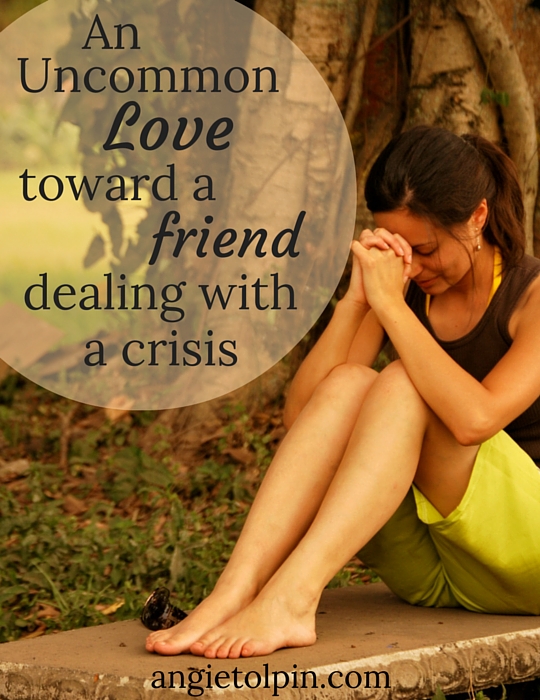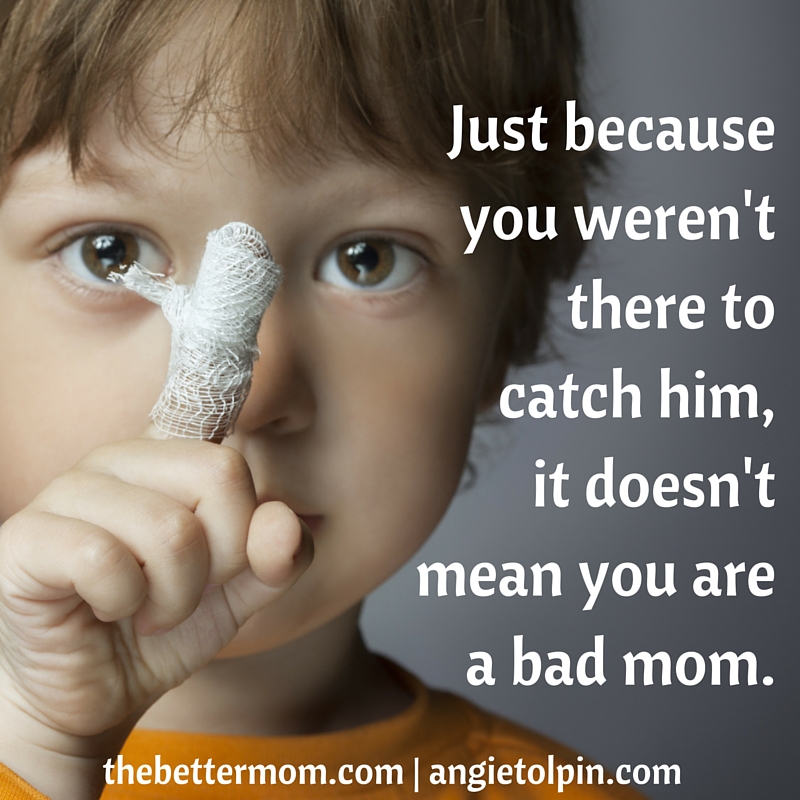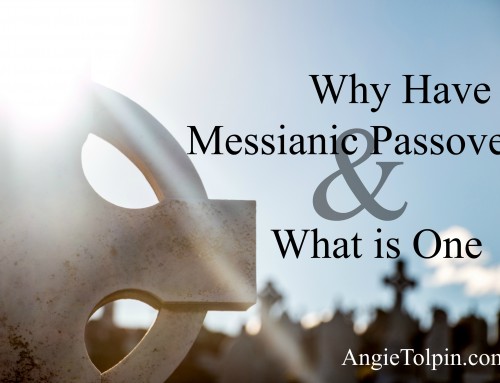I got a text message from a friend the other night. “Pray for my daughter. We are headed to the ER.”
What does one say?
The obvious answer would be to pray. Immediately. Stop and pray!
But what do you say, what do you do next?
Sometimes, praying IS WHAT you do.
Often times we downplay the power of prayer. Most Christ followers would say there is power in praying, that there is a purpose for praying, yet so often we don’t view praying as enough. Sadly, even the strongest of Christians could be guilty of thinking that somehow going and doing have more significance than prayer.
Though my heart and mind know and believe that there is a purpose and power in praying, I will admit, my actions don’t always reveal just how powerful I believe prayer actually is! Because IF I truly believed that, I would not only pray more, but I would see it as the most loving, life changing, helpful, and servant-hearted thing I could possibly do for my friend.
But quite often the opposite is true.
Often, I will pray for maybe forty-five seconds, sometimes for three minutes, but then I feel the need to still do more, as if praying wasn’t enough. The problem that I feel is revealed in this a core belief about prayer and what we are actually doing in our surrendering through prayer.
Now, don’t get me wrong.
Sometimes the intimate communication with the Holy Spirit prompts our hearts to serve somehow or say something to encourage another. But what I am saying, is that sometimes we should also be prompted to quietly and contentedly intercede in prayer. The key word being content.
So the next time a friend shares a burden or is suffering, let us each ask ourselves if we are prompted to do something because we are attempting something in our power, like fix a problem, or if what we are saying and doing is being done from a prompting of the Holy Spirit.
Often times the form of service the Holy Spirit prompts us to is through words of affirmation, encouragement, and exhortation.
Put yourself in her shoes. Have you been there? Maybe not in the exact same scenario, but maybe you have been in a similar situation where one of your children was hurt. How did you react outwardly? How did you react inwardly?
As soon as my friend texted me, my husband and I stopped what we were doing and prayed. In this particular circumstance, I was reminded immediately of similar situations we had found ourselves in as parents. And I recalled the emotions, the feelings, the anger, and the doubt I felt as a parent walking through similar experiences.
You know the emotions, the fear, the blame game, the feelings of regret or even anger.
As you recall the dozens of potential feelings that your friend could be experiencing, you wonder, “How is she handling this?”
You ask. And get a “fine.”
But is this the kind of communication and fellowship God created us for? A fine?
Now, you can’t make people want to share, and especially in the midst of an emergency, all the feelings, emotions, fears, etc., may be suppressed, overwhelming, or potentially unfamiliar and hard to explain. But I do believe that God’s Word encourages us all to deeper fellowship, on a regular basis, which leads us to a place of authenticity that welcomes both words of affirmation, such as “I know you are strong in the Lord, lean on Him and You can do anything in His name”, words of encouragement like, “This is normal to feel this way, but it’s not okay to stay focused on ourselves, let’s look to Jesus together in prayer,” AND words of exhortation such as, “Be careful not to fall into this trap of the enemy.”
“Iron sharpeneth iron; so a man sharpeneth the countenance of his friend.” Prov. 27:17
We are encouraged and exhorted by scripture to challenge one another, to warn one another, and to support one another Biblically. Sometimes what is needed in moments like these is a soft and gentle word of encouragement to fight the good fight.
So what is the good fight this friend, who is in crisis, engaging?
The choice to trust God, to glorify in Him even now in the midst of this awful emergency, accident, or tragedy or to indulge the enemy in his trickery, namely, The Blame Game.
We need to have the kind of eternal focus in our friendships that we can exhort and support one another. Some of us, who have gone before our sisters in the journey of parenting have experienced the temptation to fall into the enemy’s trap.
Is it loving to warn a sister of this trap? Or is it unloving?
Sometimes, as parent we blame ourselves, or we look to blame others.
The accident or scenario repeats itself in our mind over and over a million different ways as we hope we would have done something differently. “If only I would have put her to bed, if only I would have taken the time to put that gate up,” et Cetera. It’s as if we actually think that rethinking it will somehow change the outcome, but it doesn’t.
Of course, the more loving thing would be to warn your sister, and support her in being equipped to be alert and aware of the temptations that the enemy will undoubtedly place before her in her mind.
But do we always speak the truth in one another’s lives?
For real? Or is there something that holds us back from true authenticity and love like this?
Sadly, there is. It’s called the quiet fight between women.
When we are not able to receive a warning from our friends who have wisdom for us, who want us to succeed, then we are contributing to the quiet fight and negatively impacting the church from functioning the way God designed it to.
The older sisters are supposed to teach the younger sisters. That is God’s design for His family (Titus 2).
If you would like to take your friendships deeper, I would like to invite you to take a look into joining my online Bible study, either alone or with a friend(s).
The mission behind this online Bible Study is to see the Church culture shifted into one that fosters Titus 2 and Proverbs 27 relationships. Find out more here: http://quietfight.angietolpin.com
What has God taught you, that you could teach, encourage, or exhort another mom with?
Often times this is what we are called to share. In this case with this friend who was in the ER with her daughter, after praying, the Holy Spirit lead our texting in a way that both encouraged her, warned her of potential pitfalls of sin, and gave her tips on how to lead and serve her child in a God-glorifying way late at night.
I am sharing some of those same tips and words of encouragement and exhortation over at the Better Mom! Hop on over to be encouraged yourself or simply become aware of the types of encouragements you could share with a friend in the midst of crisis.
What is the uncommon love toward a friend dealing with a crisis?
I believe it is taking the time to love them enough to pray, reflect, and ask God to reveal to you how to encourage and serve them. It’s being willing to go out on the limb in the friendship and speak truth, love, warning, and encouragement. It’s uncommon because these kinds of friendships can be uncommon today.
If you have been blessed with an uncommon friendship, will you share this post with your friend and tell her, thank you. Tell her how much you love and appreciate her friendship.
I’m praying for you and your friendships. My heart is that you would be encouraged to grow deeper and deeper in your friendships and that they would be centered on Christ and that you would cause one another to grow in Him and in righteousness.































